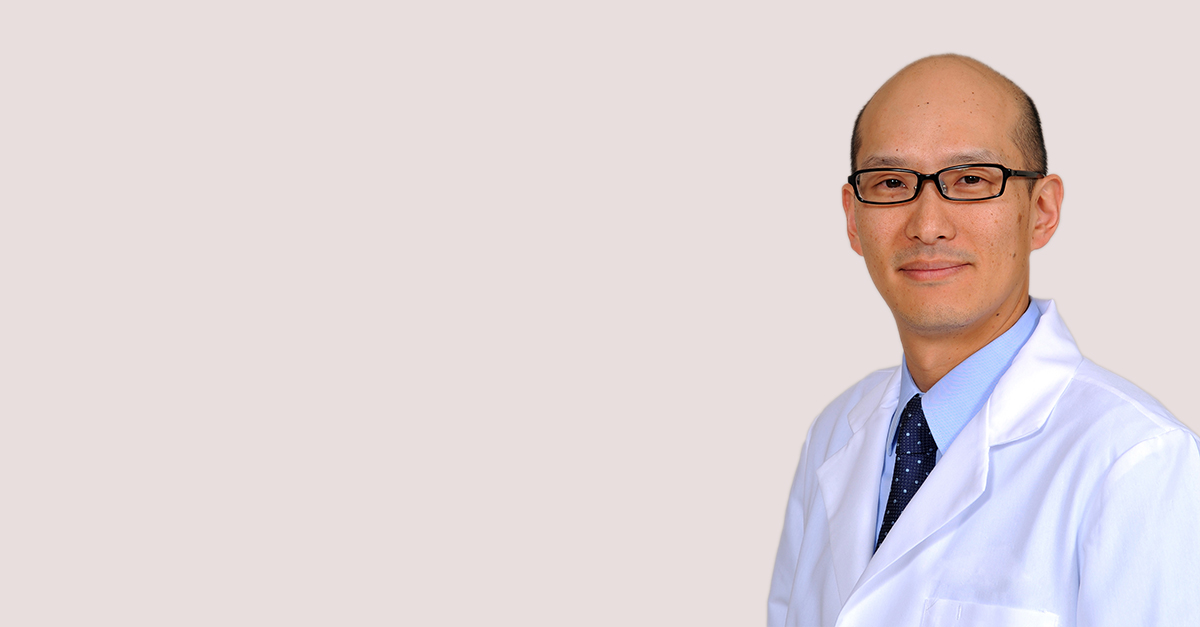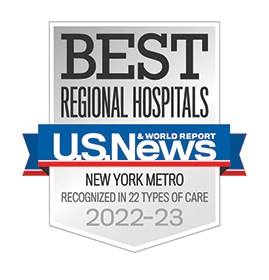Sperm Retrieval Helps Couple Conceive After Azoospermia and Sertoli Cell-Only Syndrome Diagnosis
Hackensack University Medical Center Urologist Makes Conception Possible In his early 20s, Adam Elkordy was diagnosed with non-obstructive azoospermia — which occurs when a man’s body does not produce enough sperm to have a detectable amount in his semen. Additionally, he was previously diagnosed with Sertoli cell-only (SCO) syndrome, which causes a lack of sperm cells in the seminiferous tubules inside the testicles.
In his early 20s, Adam Elkordy was diagnosed with non-obstructive azoospermia — which occurs when a man’s body does not produce enough sperm to have a detectable amount in his semen. Additionally, he was previously diagnosed with Sertoli cell-only (SCO) syndrome, which causes a lack of sperm cells in the seminiferous tubules inside the testicles.
“Patients with SCO syndrome are often told that there are no sperm and nothing that can be done, and Adam was one of those patients,” said David Shin, M.D., chief, Center for Sexual Health and Fertility, Department of Urology, Hackensack University Medical Center and Vice Chair, Urology, Hackensack Meridian School of Medicine.
Seeking Hope at Hackensack University Medical Center
However, Adam and his wife, Cindy, wanted to explore their options to conceive a child. Adam was referred to Dr. Shin to discuss microdissection-testicular sperm extraction (m-TESE).
Dr. Shin is one of the few fellowship-trained urologist in New Jersey who has extensive experience performing m-TESE, a procedure in which sperm-containing tissue is extracted from the testes using a high-powered 15-20x magnifying surgical microscope and small surgical tools treatment options. If sperm are found, they can be used for in vitro fertilization (IVF).
Formula for Success
According to Cindy, her fertility specialist said, “If there were any urologist that could find anything, it would be Dr. Shin.”
“When I perform m-TESE, I don’t just look at one or two areas,” said Dr. Shin. “I conduct a more extensive evaluation of tissue by looking for tubules that appear thicker and are more likely to contain sperm.”
After surgery, Adam’s tissue sample was taken to a lab and analyzed, where an andrologist found four mature motile sperm, which were then used to fertilize Cindy’s retrieved eggs. One egg survived, and after a successful implantation procedure, the couple was able to conceive.
“This is why I do what I do, and it never gets old,” said Dr. Shin.
Learn More about other advancements and clinical innovations.
